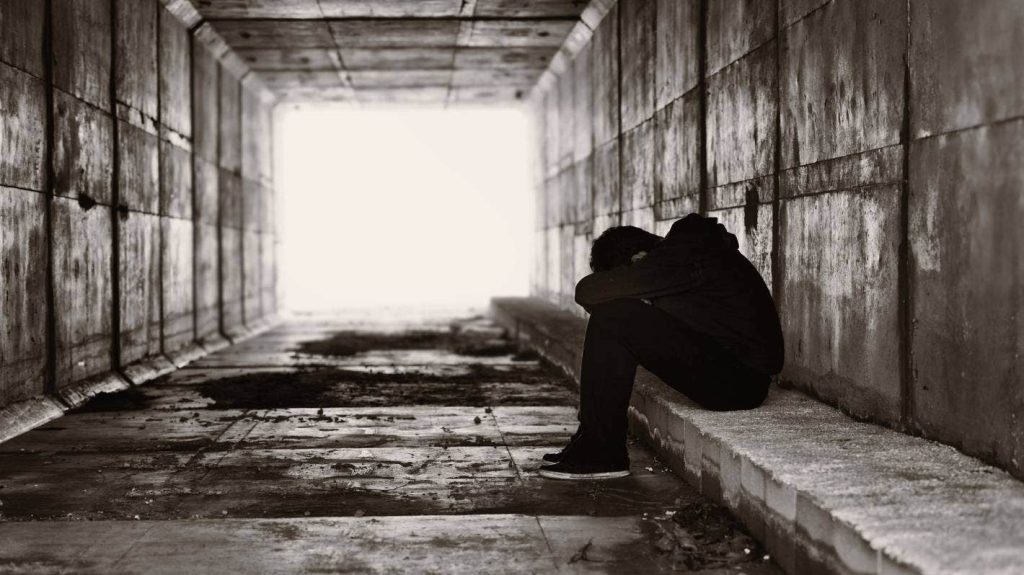Aaron Smale: An apology both sincere and hollow
A leading investigative journalist reflects on a day that victims of state and church abuse have fought for their whole lives.
The sexual harm helpline can be accessed free, 24 hours a day, 7 days a week by phone, text, website, online chat and email.
A group of state care abuse survivors are taking the Attorney-General David Parker to court over a repayment scheme that they argue doesn’t acknowledge the serious sexual, physical and psychological abuse that they were subjected to.

The dispute looks at the Ministry of Social Development’s Rapid Payment Framework, which offers quick payouts based on how long a person was involved with Child, Youth and Family (CYF).
The four complainants, through their lawyer, say their main concern is the settlement agreement survivors have to sign to receive the payment.
The Attorney-General’s office declined to comment on the matter.
The payments were introduced as a way of offering advance payments to historic abuse survivors who, due to age and ill-health, may not be alive when the new redress system is introduced, according to MSD.
Once a person takes a rapid payment, claimants can take part in any new process which could include the chance to tell their story or receive an apology – but not necessarily more money.
Payments are dished out depending on years-spent in care, with the lowest range being under 5 years, at $10,000 and the highest being over 15 years, at $25,000.
Representing the survivors, lawyer Sonja Cooper argues that the payments don’t take into consideration survivors lived experiences in state care.
“This means that the State does not acknowledge the serious sexual, physical and psychological abuse, neglect, unlawful imprisonments and other human rights’ breaches it subjected them to.”
Cooper said she has grave concerns about the framework, which takes advantage of vulnerable people.
“If you offer a person who has no money and a lot of bills to pay a small payment, chances are they’re going to take it.
“Even when we tell them that the amount offered is not sufficient and does not recognise the abuse they suffered.”
The main concern is that those taking the payments need to sign a full and final settlement agreement, she said, which means they won’t get effective and meaningful redress.
Cooper said her clients have been irreparably damaged by the state.
The law firm filed two separate claims on behalf of the survivors: one asking the court to declare if the RPF provides effective redress for survivors and the other asks if the Crown should require survivors to sign full and final settlement agreements.
As well as payments based on how long someone spent in the system, there are three top-ups which an abuse survivor can be paid out for – but the total payout cannot be more than $30,000.